Uncorking the Role of Artificial Intelligence in the Wine Industry
At first glance, wine – steeped in age-old traditions – and artificial intelligence (AI) – the pinnacle of modern technology – may seem like unlikely companions. However, as we step further into the digital age, these two seemingly disparate fields are intersecting in fascinating ways. From vineyard management to consumer experience, AI is transforming the wine industry.
AI in the Vineyard
The journey of wine begins in the vineyard, and it’s here that AI is making its first mark. Smart agriculture, powered by AI, is optimizing grape growing conditions, thus influencing the quality of the end product.
Sensors installed in the vineyards collect vast amounts of data, tracking factors like soil moisture, sunlight exposure, temperature, and nutrient levels. Machine learning algorithms then analyze this data, predicting weather patterns and suggesting optimal irrigation and harvest times.
A California-based startup, VineView, uses AI to analyze aerial images of vineyards, providing insights into vine health, irrigation needs, and disease prevention. The result? Improved yield, minimized environmental impact, and enhanced wine quality.
AI in Winemaking
The art of winemaking can also benefit from the analytical prowess of AI. Machine learning models can analyze historical and current data related to wine fermentation, such as temperature, yeast activity, and sugar levels, predicting the perfect time to press the grapes or barrel the wine.
Take, for example, E. & J. Gallo Winery. The company uses AI algorithms to closely monitor fermentation conditions, helping them not only increase production efficiency but also maintain consistency across their products.
AI in Wine Selection and Recommendations
Choosing the right wine can often feel like navigating through a labyrinth. Here, too, AI comes to the rescue. Machine learning algorithms can sift through vast databases of wine varieties, flavor profiles, and consumer reviews to provide personalized wine recommendations.
Vivino, a popular wine app, uses AI to offer suggestions based on user preferences. The app scans wine labels or wine lists and provides details about the wine, including ratings, reviews, and average price, making wine selection more accessible and personalized for its users.
AI in Predictive Analytics and Market Forecasting
AI can also aid in understanding market trends and forecasting future demands. By analyzing sales data, consumer reviews, and global wine trends, predictive models can provide invaluable insights for winemakers, distributors, and retailers. This information can help them make informed decisions about production, pricing, and distribution.
AI in Enhancing Consumer Experience
AI’s impact extends to enhancing the wine-drinking experience. Virtual sommeliers, powered by AI, can offer personalized advice on food and wine pairings, serving temperatures, and even the correct order in which to taste different wines.
One experimental example is MyOeno, a smart scanner that, when dipped into a glass of wine, identifies its characteristics and suggests similar wines, food pairings, and optimal serving conditions, essentially bringing the sommelier experience into the comfort of the user’s home.
Artificial Intelligence is uncorking new possibilities in the wine industry, integrating seamlessly into each stage – from the vineyard to the consumer’s glass. As winemakers continue to experiment with this innovative technology, it’s evident that AI is not here to replace the time-honored human craftsmanship involved in winemaking. Instead, it complements and enhances the process, combining the best of tradition and technology. With AI, the wine industry is better equipped to face the challenges of the future, promising a refined, immersive, and personalized wine experience for everyone.
Wine Sections
Some of my most memorable wines
2021 Pouilly-Fuissé by Olivier Merlin, Burgundy

£359.40 – 12 bottles
2021 Provence Rosé by Château la Mascaronne

£75.42 – 6 bottles
1995 Château Latour, Pauillac, Bordeaux

£6,100.00 – 1 case
2017 Chateau Lafite Rothschild Premier Cru Classe

£3,310 – 3 bottles
2003 Hobbs of Barossa Ranges, Gregor Shiraz, Barossa Valley



